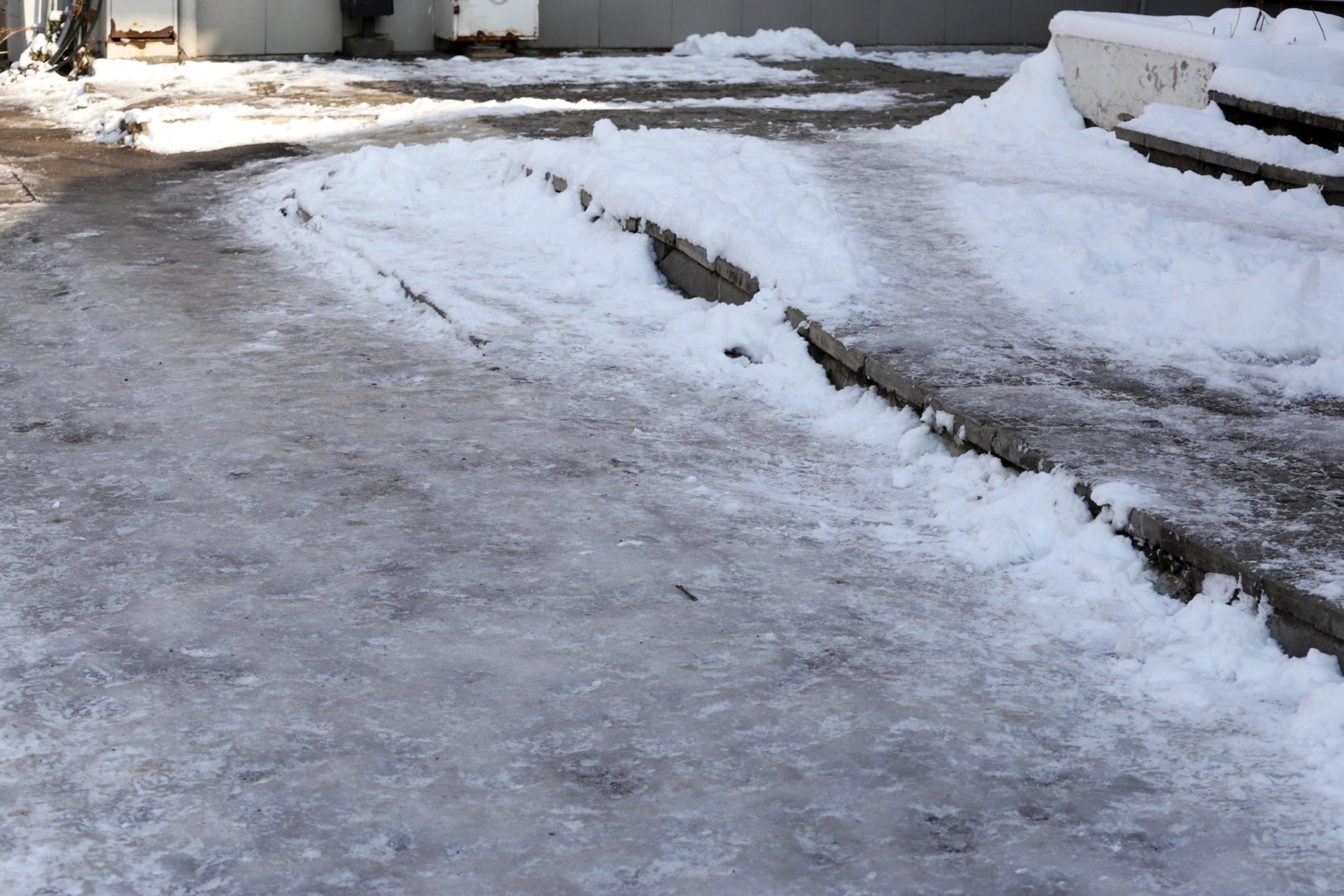Excruciating pain, broken bones, x-rays, expensive medical bills… One little misstep in icy conditions can be alarmingly costly. Winter has fully descended on our province, and you can be sure that snow and ice will be doing plenty of that as well in the months to come. But snow and ice slip and fall claims in Ontario just hit a slippery slope as well.
For the first time ever, a new Bill amending the Occupier’s Liability Act means that bringing a winter slip and fall claim against a private property owner in Ontario will be that much more difficult to do as of 2021.
Until Bill 118 was given Royal Assent late in 2020, victims had up to two full years to bring a slip and fall claim against the owner of a private property. But this new amendment to the Occupier’s Liability Act states that notice of damages for personal injury from a fall on snow or ice must be served within 60 days or the claim will be disallowed.
(“Occupiers” are not only homeowners, but anyone who has responsibility for said property, including those who are contracted to care for the premises, such as snow removal contractors).
Also, on public property, Ontario’s Minimum Maintenance Standards have made it more difficult recently to hold municipalities responsible for snow or ice-related claims.
According to the latest data from the Canadian Institute for Health Information, slip and falls on ice were the number one cause of winter hospitalizations in the province, with almost 9,000 in a single winter season.
Among the most common personal injuries suffered due to slippery snow and ice conditions are wrist and ankle fractures, as well as head trauma. Extreme care should be taken when venturing out into any snow or ice-covered conditions. Our tips to avoid winter slip and falls can help.
Occupier’s Duty to Take Reasonable Care
Private property owners and occupiers have, by law, a duty to take reasonable care to make sure that people entering onto their premises are safe. So what, you may ask, is “reasonable”?
Naturally, perfection is not expected from a homeowner, as that isn’t reasonable. Constantly monitoring the snowfall all throughout the day and taking instant action isn’t reasonable either, as people do have to go to work, or maintain other duties.
But, for a private premises, generally clearing snow and salting ice from driveways, parking lots and walkways first thing in the morning after a snowfall would be expected; this would be reasonable care to ensure that visitors are safe from foreseeable danger. A longer snowfall lasting 12 hours would require more frequent maintenance. This, too, would be “reasonable” to expect.
On the other hand, “contributory negligence” can work against a victim: A good example would be if they were impaired from drugs or alcohol when the slip and fall took place; or if they were wearing flip flops instead of proper footwear.
No matter which side of the equation you’re on, “reasonable care” equals “common sense”. Is it common sense to clear your walk a second time if snow and ice have built up to unsafe conditions again later in the day? Is it common sense that wearing summer sandals on a snow and ice-covered sidewalk can lead you to take a tumble? In both cases, the answer is yes.
The chilly winds of winter in Ontario can cause any number of slip and fall accidents; be reasonable — be safe.
If you or a loved one have suffered personal injuries from a slip and fall, contact a personal injury lawyer immediately, as, thanks to Bill 118, time is of the essence. Brian A. Horowitz has nearly 35 years of helping slip and fall victims get the help and the compensation they need. Call Horowitz Injury Law today for a free, no-obligation consult: 416-925-4100.




